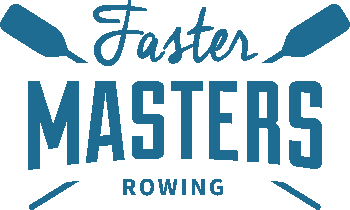Race plans – overtaking and being overtaken.
00:30 Coach masterclass discussion zoom was about running masters learn to row classes. We learned the diversity of situation and how people problem-solve for their own clubs
02:30 Race plans Free ebook – the Ultimate Guide to Head Racing sign up to get your copy https://fastermastersrowing.ck.page/693a02e0a1
Goal of a race plan is to row the best race you can, technically the best you can as you fatigue through the race. What to focus on as you move through the stages of the race to retain good technique and efficiency. Don’t question the competitive desire.
As the stages of the race progress how to maintain your technique is key. Be as consistent as possible and as aggressive as possible.
How much time will the race take? This affects stroke rate choices.
05:00 During your practice work out your most efficient stroke rate with good technique. A race lasting 4.5 to 5k meters is over 600 strokes. Marlene likes to think of this as 600 one-stroke races!
What calls do you include in the race plan? Set a common understanding of words you use.
07:15 Write down your plan by hand
It doesn’t need to be complicated to be effective. What is the focus in this part of the race? You can focus on time or distance for your race plan. Include a plan for mishaps.
09:00 Your ideal race performance
The race plan calls are about keeping your performance as consistent as possible through the race.
Slide control in the recovery – Rebecca’s crew decided to experiment with how to get the best outcome from our calls. Did it work better with power called first and then slide control called second? Or the other way around? This showcased what was effective for this crew – the coxswain could spot when we needed to be refocused back onto the pattern of movement.
Experiment with what works in practice then discuss whether it should be part of the race plan.
11:30 Trials are important – try different strategies in your practice outings. What is your focus? Do you go out strong or conservatively?
The Faster Masters training workout programs include test workouts which help you to zoom in on what works for you and what you can do in a race.
12:50 Rowing boats take a long time to overtake each other – overtaking it is not a quick thing. You are unlikely to be able to overtake in just 10 strokes. You likely take 10 cm each stroke further than the other crew – overtaking one person in a crew may take 15 or 20 strokes.
Practice scenarios of overtaking on a straight versus a corner turn. Will you approach a turn differently if you are overtaking? Adjust to suit your physiology.
15:00 Distance per stroke is the core metric.
You can do this with more power through the water or by rating higher. More strokes per minute – your boat should move one boat length per stroke. This takes energy – you need to be able to row efficiently in this new mode (power or rate).
16:30 Once you start overtaking keep it going – don’t drop back after you have finished overtaking. Maintain your length in the water and increased boat speed. Be as tough as nails and stay at it. So many races come down to narrow margins. Don’t be comfortable just getting past a crew.
It’s different from side by side races. In head races you can’t know how fast other crews are going because they may not be near your boat.
18:30 Being overtaken is about psychology
If they are faster than you, you should make it hard for them to get past. Keep your stroke length, power and rhythm. Take the straightest possible line without impeding their advance – make them work hard for it. Play within the rules.
Rebecca was at HOCR and was getting yelled at by a faster crew calling for her crew to “yield”. They didn’t steer well and took a longer route, but Rebecca’s crew kept pushing on and it took nearly a kilometer for them to overtake. Take your motivation from the fight with the other crew. It was a fun battle that got Rebecca’s crew the best possible result that they could have got and trying to deny a good result for the other crew.
21:30 There may be situations where more than one boat is overtaking at the same time. Avoid getting penalised. You can judge if you are interfering with the other crew and so if you can get a better course than they do, that’s your advantage.
Buy the Carlo Zezza Book – Winning Head Races


